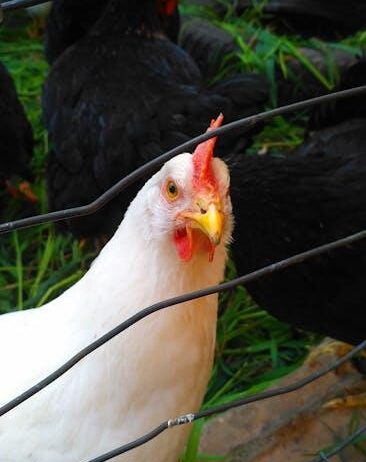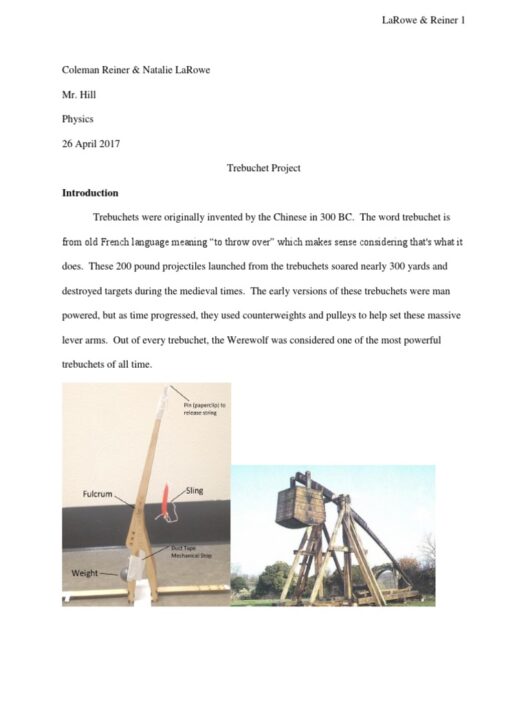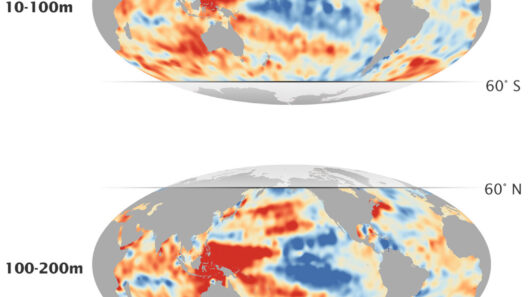As the world becomes increasingly aware of the impacts of climate change, the scrutiny of meat consumption has intensified dramatically. The spotlight is no longer merely on the nutritional value of meat or its culinary merits; rather, the discussion has taken a profoundly critical turn towards its environmental ramifications. The juxtaposition between the modern meat industry and sustainable living beckons a deeper inquiry into the true climate cost of meat consumption.
To comprehend the crux of the issue, it is imperative to recognize the vast resources required for meat production. The livestock sector is one of the largest contributors to anthropogenic greenhouse gas emissions. According to the Food and Agriculture Organization (FAO), livestock production alone accounts for approximately 14.5% of global greenhouse gas emissions, a staggering figure that demands our utmost attention. This includes not only carbon dioxide but also methane—a potent greenhouse gas with a far greater heat-trapping capability than carbon dioxide over a shorter time frame. Cows, for instance, are notable methane producers due to the enteric fermentation process inherent to their digestive systems.
The environmental repercussions extend beyond emissions. The meat industry is a voracious consumer of land and water resources, necessitating significant acreage for grazing and for the cultivation of feed crops. Presently, at least 30% of the Earth’s ice-free land is utilized for livestock farming, competing with natural ecosystems for space. Consequently, deforestation is rampant as forests are cleared to create pastures and grow animal feed. This destruction not only obliterates biodiversity but also releases carbon stored in trees and soil, further exacerbating climate change.
The water footprint of meat production is similarly alarming. Producing one kilogram of beef can require upwards of 15,000 liters of water, a staggering testament to the inefficiency of animal agriculture. This figures starkly against plant-based foods, wherein many require substantially less water, highlighting the unsustainable nature of meat-heavy diets. The diversion of water for livestock further instigates competition for freshwater resources, often impeding access for local communities and contributing to water stress conditions in numerous regions worldwide.
Equally concerning is the ethical dimension surrounding meat consumption. The conditions under which livestock are raised often raise serious welfare questions. Factory farming practices, characterized by overcrowding and confinement, not only compromise the well-being of animals but also pose significant environmental risks. The antibiotics and hormones administered to livestock contribute to public health crises, such as antibiotic resistance, raising alarm bells within the medical community. This intricate web of issues illustrates the need to advocate for a paradigm shift in how meat is produced, distributed, and consumed.
Nevertheless, the fascination with meat consumption is not merely a reflection of culinary preference or dietary habits; it is steeped in culture and tradition. Many societies celebrate meat as a symbol of prosperity and abundance. This cultural significance complicates the conversation, as altering dietary practices is often perceived as a threat to time-honored traditions. Hence, a critical aspect of addressing meat consumption relates to education and awareness, encouraging individuals to critically evaluate their dietary choices and understand the broader consequences of those choices.
To mitigate the detrimental impacts of meat consumption, several strategies can be adopted. First, fostering a plant-based diet can diminish the overall carbon footprint of food consumption. Initiatives aimed at increasing the accessibility and appeal of plant-based alternatives are pivotal in this regard. Beyond simply reducing meat intake, emphasizing the consumption of locally sourced, seasonal produce can further reduce emissions associated with transportation and storage, contributing to the fight against climate change.
Furthermore, encouraging regenerative agricultural practices can help ameliorate the negative effects of livestock farming. Strategies such as rotational grazing, which allows land to recover and promote biodiversity, can enhance soil health and sequester carbon. Such practices offer a more sustainable model, ideally reconciling the human appetite for meat with the urgent need for environmental stewardship.
In addition to individual dietary choices, collective action through policy changes is essential. Governments can play a crucial role by incentivizing sustainable farming practices and implementing regulatory frameworks to limit emissions from the meat industry. Promoting research into alternative proteins, such as lab-grown meat and plant-based substitutes, can also lead to innovative solutions that align with both consumer demand and environmental obligations.
The ramifications of meat consumption extend beyond the individual; they reverberate throughout entire ecosystems, economies, and societies. Embracing an eco-conscious approach to meat consumption necessitates a profound shift in mindset, urging consumers to acknowledge that choices made at the dinner table have far-reaching implications. By embracing sustainable eating patterns and advocating for systemic change, society can transcend traditional notions of meat consumption while fostering a healthier planet.
Ultimately, transitioning beyond the plate means recognizing that every bite counts in the tapestry of climate action. It is time to redefine our relationship with meat, understanding that in an era of unparalleled environmental challenges, interaction with our food sources must evolve. The road ahead may be complex, but the willingness to confront these realities can lead to a more sustainable, equitable future for generations to come.







